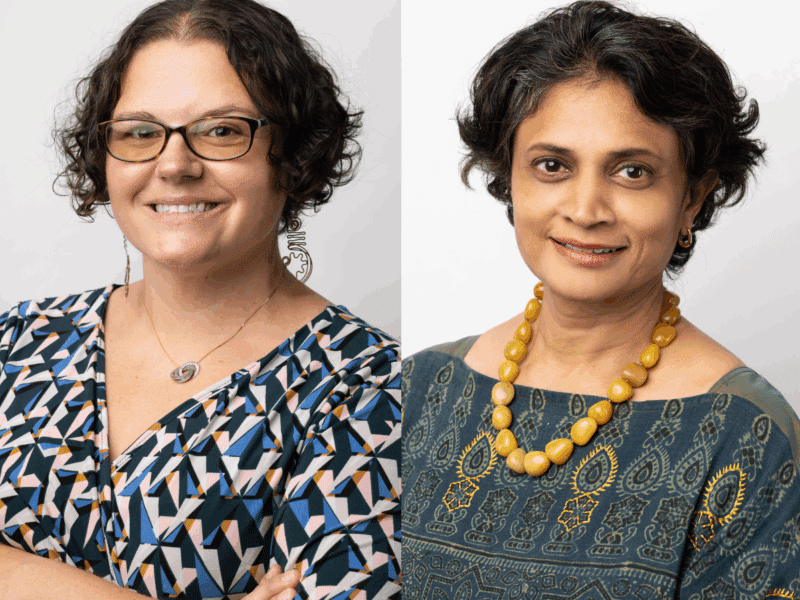Billie Puyat Murga and her colleagues call them the delayers: Young sexually active women and couples who want to have a child someday but not yet.
These delayers emerged as a priority population in the Philippines after Murga and others at the Johns Hopkins Center for Communication Programs and USAID-sponsored ReachHealth project analyzed data from the Philippine National Demographic Health Survey (NDHS) and other formative research they conducted themselves.
In developing family planning programs for young Filipinos, “a lot of focus has been put on spacing or limiting births, but not much is discussed on delaying the first birth,” she says. “One of our respondents even said, ‘Why will I use family planning? I don’t want to have a family yet.’ We want to increase awareness that you can use family planning methods even if you are single or married and are not ready to have a child.”
In response to what they found, they created the It’s OK to Delay campaign, which promotes family planning as a tool to help young people – notably delayers – achieve their goals. The campaign shares information about family planning methods, where and how to get contraception, dispels myths, and encourages discussion among young Filipinos and health care providers. The campaign reached more than 19 million people since its launch in 2021.
Much of the data to develop the campaign came from The Demographic Health Surveys (DHS) Program, which provides technical assistance to population and health surveys in countries worldwide, including the Philippines, and widely disseminates what is learned.
For 20 years, CCP has been the official communications partner on The DHS Program. CCP brings social and behavior change communication expertise and experience to help create timely, appropriate, and meaningful content for different audiences. CCP also uses DHS data to design and monitor communication projects worldwide.
From looking at the NDHS data for the Philippines, Murga knew that many young Filipino women age 18-35 access the internet almost every day.
“Young women are active on social media and seek information from those sources, so why not be there where they are?” she says. It’s OK to Delay can easily help delayers find exactly the family planning method they want, she says.
“We get a lot of questions on, ‘Where can I go get family planning?’ and NDHS data tells us these women go to the private sector. That’s why we partnered with private clinics, linking people to virtual consultations and online deliveries of supplies,” Murga says.
In Murga’s experience, successful communication campaigns also must be relatable.
As part of the It’s OK to Delay campaign, the team released a four-part video series called “That Tita (That Auntie).” This original comedy video series is about a newly married couple and their meddling extended family, navigating their journey of deciding which family planning method is best for their lifestyle.
“Our audience enjoyed these videos because it’s a typical scene in family reunions,” she says. “We were able to model how a young couple, with support from family, can wait before having a baby, that it’s okay to change the norm.”





